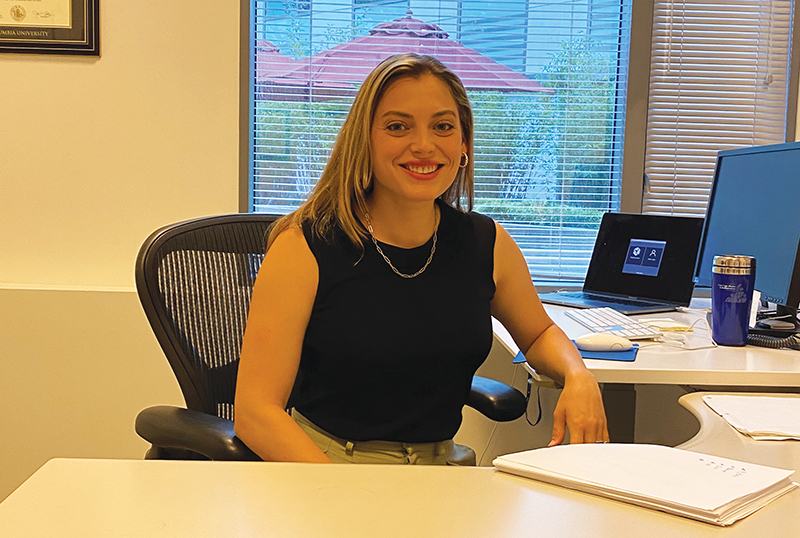My Specialty
Nurse Researcher
Using data and surveys to develop evidence-based nursing care

Catherine Cohen, RN, Ph.D.
Health Policy Researcher
The RAND Corporation, Santa Monica
Please share with us the arc of your nursing career.
I started in nursing late as a second career. During my earlier career as a business strategy consultant (mostly for pharmaceutical companies), I spoke with many healthcare providers, including nurse practitioners, which got me interested in the field. As I learned more, I decided it was the right fit for me.
I always thought I’d eventually get involved in research, but I first wanted to become a nurse practitioner, focusing on geriatrics. However, the person who became my mentor at Columbia encouraged me to go directly into the Ph.D. program at the Center for Health Policy at Columbia University School of Nursing. So, I haven’t practiced clinically as an NP, although I’ve kept up my license.
I got hooked on policy as a way to impact many people at once. I was also interested in demonstrating the value of nursing through the economic and business lens that I had developed.
I like coming up with solutions to problems, and developing evidence-based guidance to help nurses provide the care patients need.
What’s your vision of the importance of nursing research today?
Nurses should be able to understand data. Information is so widely available online that being able to interpret the scientific studies behind that information is essential to staying on the cutting edge of practice.
Everyone needs that critical eye for weighing the quality of evidence.



